The ASUS ROG Strix B550-F Gaming Wi-Fi Motherboard Review: Premium Value
by Gavin Bonshor on July 22, 2020 9:00 AM EST- Posted in
- Motherboards
- AMD
- Asus
- ROG
- AM4
- Strix
- Ryzen 3000
- Ryzen 3700X
- B550
- B550-F
Board Features
The ASUS ROG Strix B550-F Gaming is an ATX motherboard which slots into the mid-range of the AM4 market. It combines a solid feature set with dual PCIe M.2 slots, including one capable of supporting PCIe 4.0 x4 drives, while the other is wired to PCIe 3.0 x4. In addition to this is six SATA ports with support for RAID 0, 1, and 10 arrays. Offering a marked improvement over B450 models in regards to memory performance, the B550-F Gaming Wi-Fi supports DDR4-5100 with a maximum capacity of up to 128 GB across four memory slots. For networking, there's a good quality Intel pairing which includes an I225-V 2.5 GbE Ethernet controller, with an AX200 Wi-Fi 6 module which also allows the use of BT 5.0 devices. The boards PCIe configuration includes a top full-length PCIe 4.0 x16 slot, a full-length PCIe 3.0 x4 slot, and three PCIe 3.0 x1 slots.
| ASUS ROG Strix B550-F Gaming Wi-Fi ATX Motherboard | |||
| Warranty Period | 3 Years | ||
| Product Page | Link | ||
| Price | $210 | ||
| Size | ATX | ||
| CPU Interface | AM4 | ||
| Chipset | AMD B550 | ||
| Memory Slots (DDR4) | Four DDR4 Supporting 128 GB Dual Channel Up to DDR4-5100 |
||
| Video Outputs | 1 x HDMI 2.1 1 x DisplayPort 1.2 |
||
| Network Connectivity | Intel I225-V 2.5 GbE Intel AX200 Wi-Fi 6 |
||
| Onboard Audio | SupremeFX S1200A | ||
| PCIe Slots for Graphics (from CPU) | 1 x PCIe 4.0 x16 | ||
| PCIe Slots for Other (from PCH) | 1 x PCIe 3.0 x4 3 x PCIe 3.0 x1 |
||
| Onboard SATA | Six, RAID 0/1/10 (B550) | ||
| Onboard M.2 | 1 x PCIe 4.0 x4 1 x PCIe 3.0 x4 |
||
| USB 3.1 (10 Gbps) | 1 x Type-A Rear Panel 1 x Type-C Rear Panel |
||
| USB 3.0 (5 Gbps) | 4 x Type-A Rear Panel 1 x Type-A Header (2 x ports) |
||
| USB 2.0 | 2 x Type-A Rear Panel 2 x Type-A Header (4 x ports) |
||
| Power Connectors | 1 x 24-pin ATX 1 x 8pin CPU 1 x 4pin CPU |
||
| Fan Headers | 1 x CPU (4-pin) 1 x CPU Opt (4-pin) 1 x AIO Pump (4-pin) 3 x System (4-pin) |
||
| IO Panel | 4 x USB 3.1 G1 Type-A 1 x USB 3.1 G2 Type-A 1 x USB 3.1 G2 Type-C 2 x USB 2.0 Type-A 1 x Network RJ45 2.5 G (Intel) 5 x 3.5mm Audio Jacks (SupremeFX) 2 x Intel AX200 Antenna Ports 1 x USB BIOS Flashback Button 1 x DisplayPort 1.2 Output 1 x HDMI 2.1 Output |
||
Touching on rear panel connectivity, ASUS has included two USB 3.2 G2 ports including a Type-C and Type-A port, as well as four USB 3.2 G1 Type-A and two USB 2.0 ports. For users looking to use compatible Ryzen APUs, there's an HDMI 2.1 and DisplayPort 1.2 output pairing, while there's also a USB BIOS Flashback button which allows users to easily update the board's firmware. The onboard audio is taken care of by a SupremeFX S1200A HD audio codec with five 3.5 mm audio jacks and a single S/PDIF optical output. Users can add to the boards USB with an additional four USB 2.0 ports made available via two front panel headers, as well as a single USB 3.2 G1 Type-A header which adds two more Type-A ports.
Test Bed
As per our testing policy, we take a high-end CPU suitable for the motherboard that was released during the socket’s initial launch and equip the system with a suitable amount of memory running at the processor maximum supported frequency. This is also typically run at JEDEC subtimings where possible. It is noted that some users are not keen on this policy, stating that sometimes the maximum supported frequency is quite low, or faster memory is available at a similar price, or that the JEDEC speeds can be prohibitive for performance. While these comments make sense, ultimately very few users apply memory profiles (either XMP or other) as they require interaction with the BIOS, and most users will fall back on JEDEC supported speeds - this includes home users as well as industry who might want to shave off a cent or two from the cost or stay within the margins set by the manufacturer. Where possible, we will extend out testing to include faster memory modules either at the same time as the review or a later date.
While we have been able to measure audio performance from previous Z370 motherboards, the task has been made even harder with the roll-out of the Z390 chipset and none of the boards tested so far has played ball. It seems all USB support for Windows 7 is now extinct so until we can find a reliable way of measuring audio performance on Windows 10 or until a workaround can be found, audio testing will have to be done at a later date.
| Test Setup | |||
| Processor | AMD Ryzen 3700X, 65W, $329 8 Cores, 16 Threads, 3.6 GHz (4.4 GHz Turbo) |
||
| Motherboard | ASUS ROG Strix B550-F Gaming Wi-Fi (BIOS 0608) | ||
| Cooling | ID-Cooling Auraflow 240 mm AIO | ||
| Power Supply | Thermaltake Toughpower Grand 1200W Gold PSU | ||
| Memory | 2x8GB G.Skill TridentZ DDR4-3200 16-16-16-36 2T | ||
| Video Card | ASUS GTX 980 STRIX (1178/1279 Boost) | ||
| Hard Drive | Crucial MX300 1TB | ||
| Case | Open Benchtable BC1.1 (Silver) | ||
| Operating System | Windows 10 1909 | ||
Readers of our motherboard review section will have noted the trend in modern motherboards to implement a form of MultiCore Enhancement / Acceleration / Turbo (read our report here) on their motherboards. This does several things, including better benchmark results at stock settings (not entirely needed if overclocking is an end-user goal) at the expense of heat and temperature. It also gives, in essence, an automatic overclock which may be against what the user wants. Our testing methodology is ‘out-of-the-box’, with the latest public BIOS installed and XMP enabled, and thus subject to the whims of this feature. It is ultimately up to the motherboard manufacturer to take this risk – and manufacturers taking risks in the setup is something they do on every product (think C-state settings, USB priority, DPC Latency / monitoring priority, overriding memory sub-timings at JEDEC). Processor speed change is part of that risk, and ultimately if no overclocking is planned, some motherboards will affect how fast that shiny new processor goes and can be an important factor in the system build.


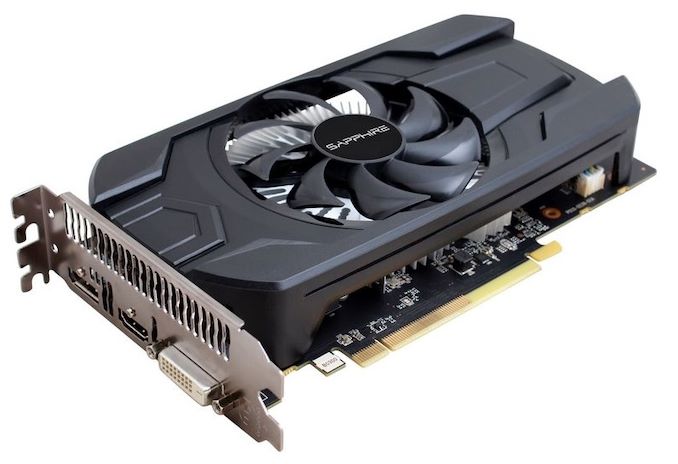
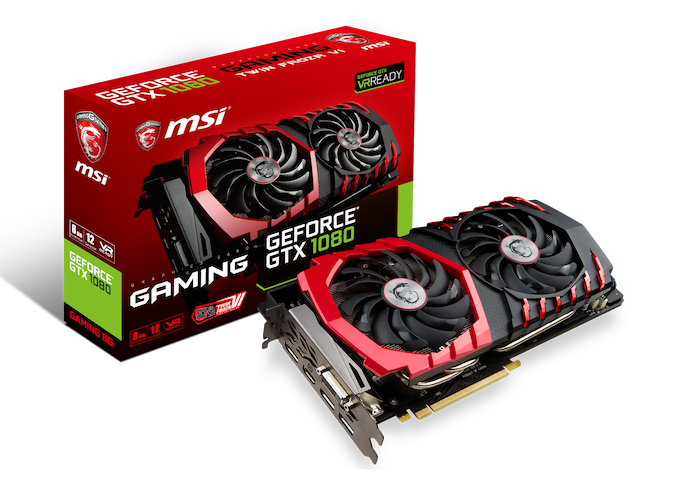
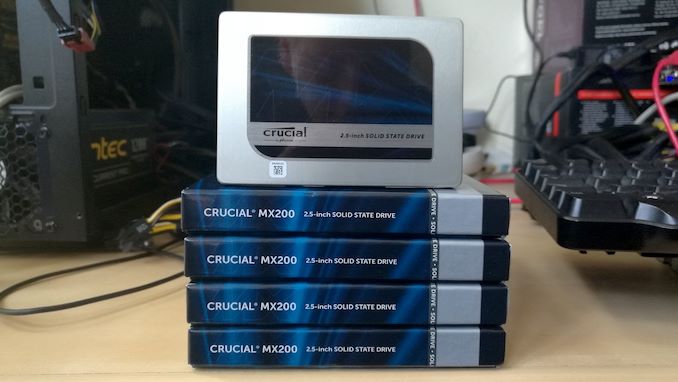
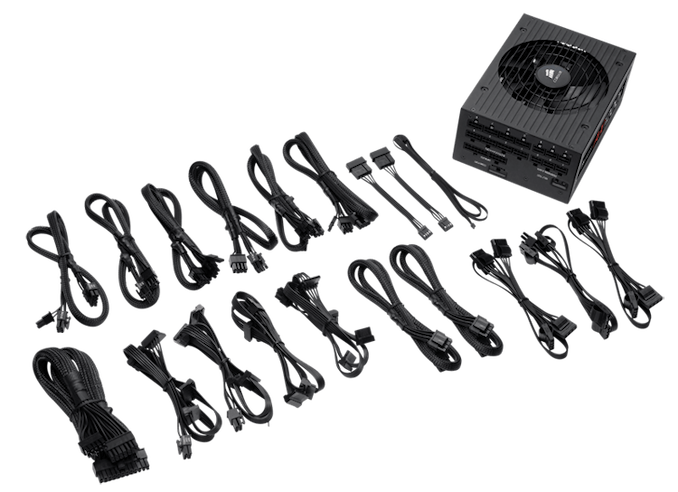
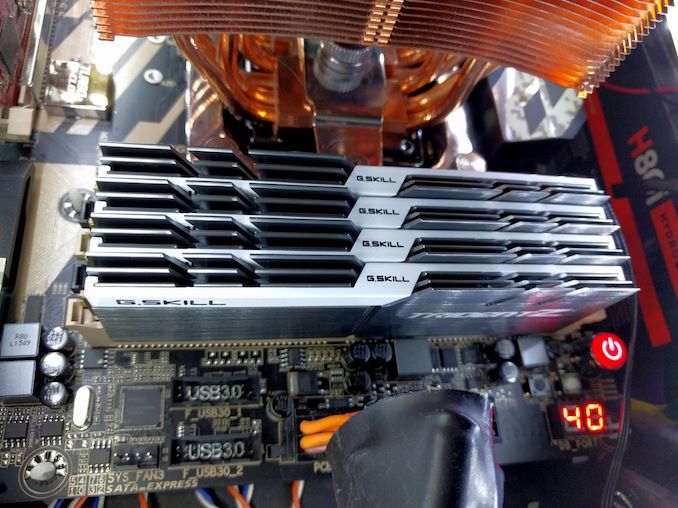
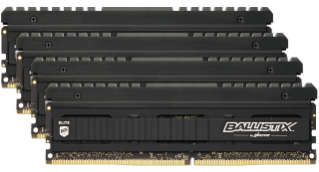
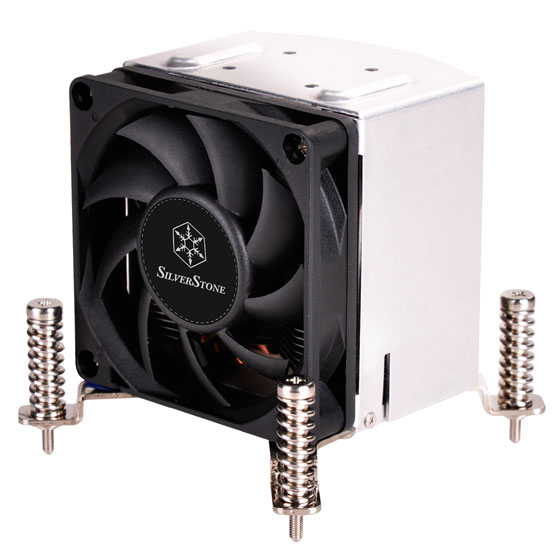
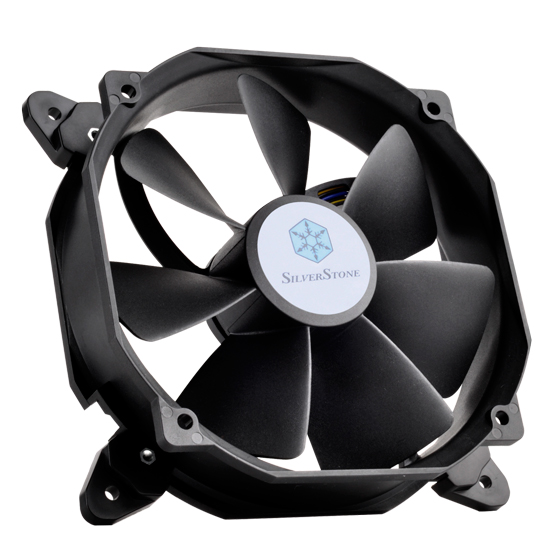








40 Comments
View All Comments
charlesg - Wednesday, July 22, 2020 - link
Typo on last paragraph on last page: "For $190 with Wi-Fi, or $190 without".Ryan Smith - Wednesday, July 22, 2020 - link
Thanks!YB1064 - Wednesday, July 22, 2020 - link
Perhaps I missed it, but it would be helpful to include a link to a X570 vs B550 chipset comparison table.crimson117 - Wednesday, July 22, 2020 - link
Good one here: https://www.gamersnexus.net/guides/3582-amd-chipse...Biggest difference is that the B550 chipset itself doesn't support PCIe 4.0, but you still get support from the CPU, just fewer applicable slots. And a positive is that B550 doesn't require active cooling, unlike x570.
Skeptical123 - Friday, July 24, 2020 - link
people need to get over that active cooling thing, it's a minor caveat at best, as much as people bring it you think it would be something actually negative like price, supply, driver support etc...Alexey291 - Sunday, July 26, 2020 - link
Its just another potential point of failure so it inherently a negative.soresu - Sunday, July 26, 2020 - link
I'll get over the "actuve cooling thing" when it doesn't add to the sound of the PC - some of us actually care about that even if you don't.To say nothing of the fact that basically every X570 mobo uses tiny, thin fans which are the opposite of silent if they ramp up to any significant number of RPM.
Oxford Guy - Saturday, August 1, 2020 - link
"And a positive is that B550 doesn't require active cooling, unlike x570.False. X570 does not require active cooling.
cwolf78 - Thursday, November 18, 2021 - link
I know this is an old comment, but I can't let this stand. X570 absolutely *DOES* require active cooling. True, the fan may not run under low-load on some boards (MSI Tomahawk, for example) but it is needed otherwise. The X570S is the chipset that does not require active cooling.Narg - Wednesday, July 22, 2020 - link
Still find it funny to see "Gaming" and "Wifi" on the same product, when we all know (or at least should know) that WiFi kills online gaming performance.